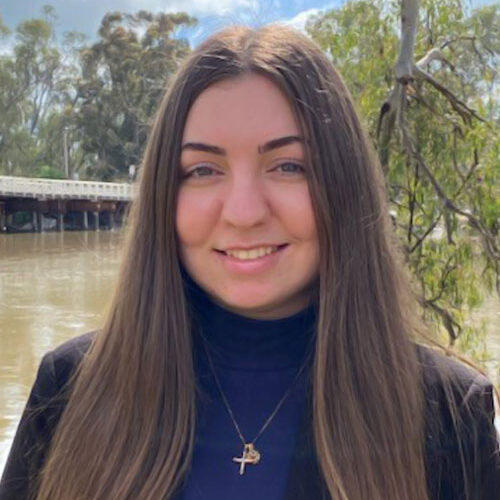What Are Your Rights as A Grandparent?

When a relationship fails, it’s often a turbulent time for parents and children. While working out care arrangements for children, it’s common for the rights of a grandparent to be left out of the conversation and subsequent decisions. This is particularly true if you have a tenuous relationship with your daughter or son.
Grandparents often have a special relationship with their grandchildren and when divorce, violence or abandonment shatters a family, it can be difficult for grandparents to stay in contact with the children caught in the middle. If you have lost contact with your grandchildren, it’s important to know what the law says about grandparent access and what you can do about it. Let’s take a look.
What the law says
Family Law can be confusing to get your head around. When you’re talking about custody and access, the most important thing to remember is that the law is written for the child, not for the adult.
Under Australian Law, neither parents nor grandparents have automatic rights to custody and access. That might seem shocking, and you may be asking yourself ‘Who has the rights then?’. The answer to that is simple, the child has the rights, the parents have responsibilities, and any custody and access arrangement must be in their best interest.
That doesn’t mean you have no rights as a grandparent. If it’s in the child’s best interest, there are things you can do to get your grandchildren back in your life.
What are ‘the best interests of a child’?
You’ve probably heard the saying ‘best interests of the child’ before. But what does that mean?
It means that any decision made about custody and access needs to be of benefit to the child. If you are going through court, the courts will not enforce any order that the child will not benefit from.
This is good news for grandparents as the law states that a child has the right to benefit from a safe and healthy relationship with their grandparents.
There are lots of elements to consider when working out what is in the best interests of the child. Some of the things considered are:
- The physical and emotional safety of the child
- The benefit of having a close relationship with you
- The impact any changes in the current arrangements might have on the child
- The type of relationship the child has with you
- The capacity for both parents and grandparents to meet the emotional and developmental needs of the child
- The grandparents’ attitudes towards the child
- Any viewpoint of the child – considering age, maturity and comprehension of the situation
- Any practical contact and communication concerns
How can you get access back?
If you have lost access to your grandchild, it’s natural to want to get it back. Your first step is to contact a family lawyer who has experience with cases involving the rights of a grandparent and getting access back.
Often, these situations are challenging to navigate on your own, and it’s likely you have already tried and failed to come to a solution privately. A family lawyer will listen to your situation and give you advice and guidance about your next steps. You have lots of options:
- Negotiate a formal access agreement via lawyers with the child’s parents
- Attend mediation with the child’s parents to find a solution everyone can live with
- Apply to the courts for a parenting order to allow access
Before you can apply to the courts, you need to be able to show that you have made a genuine attempt to agree to either negotiation or mediation. Unless there is a safety concern, the courts are generally always your last port of call when trying to resolve access issues, so it’s important to try to negotiate and mediate first.
Parenting orders for Grandparents
When it comes to parenting orders, you have rights as a grandparent. Parenting orders are not just for custodial parents. Grandparents are specifically listed as one of the groups of people who can apply for a parenting order.
Parenting orders cover many aspects of a child’s care including:
- Who the child spends time with
- Where they live
- How parental care is divided
- How the child will spend time with other important people in their lives – such as grandparents
- How the child will communicate with other important people in their lives
- Any other area of importance that affects their growth, development, and wellbeing
Depending on your situation, a parenting order in favour of you spending time with your grandchild might include a variety of arrangements including:
- Day visits
- Overnight access
- Weekend access
- Phone or video calls
It all comes down to what is in the child’s best interests and what is reasonable for their age and maturity. A skilled family lawyer can help you determine what is fair and reasonable to ask for in your situation.
Need help getting contact with your grandchildren back?
Here at Joliman Lawyers, we understand how separation can affect your rights as a grandparent to spend time with your grandchild. Our team of experienced family lawyers can listen to your situation and offer advice and guidance to get you back in your grandchildren’s lives.
We provide family coaching, parenting coordination coupled with mediation (if required) and family dispute resolution services to assist families to reach access agreements that works for everyone.
Get in touch today to find out more about how we can help you get through the challenging times.
















